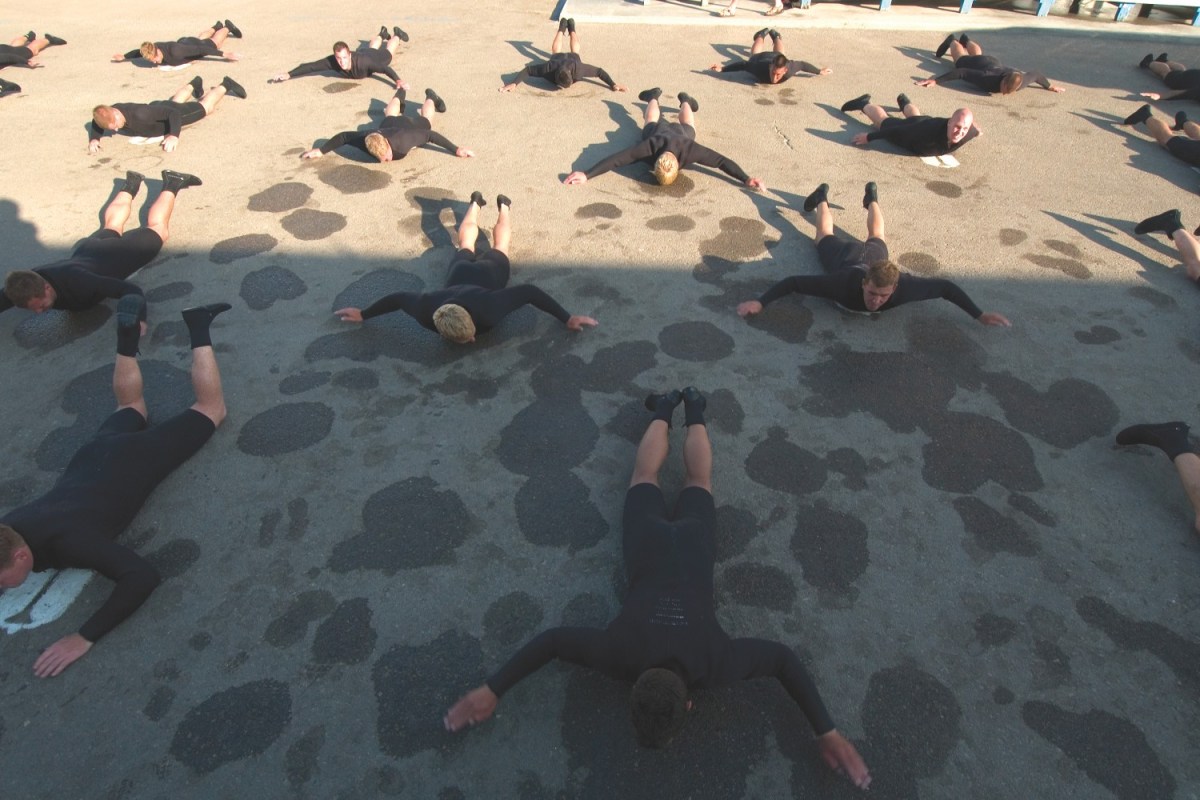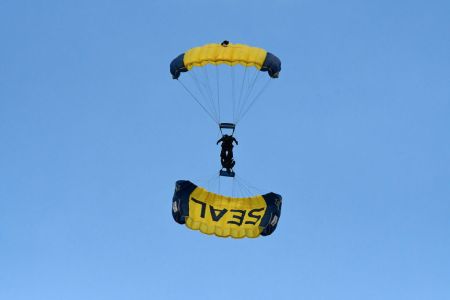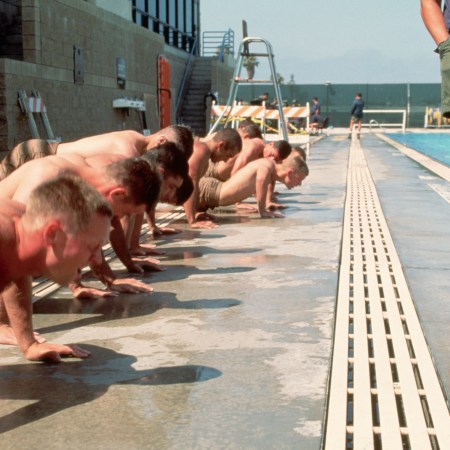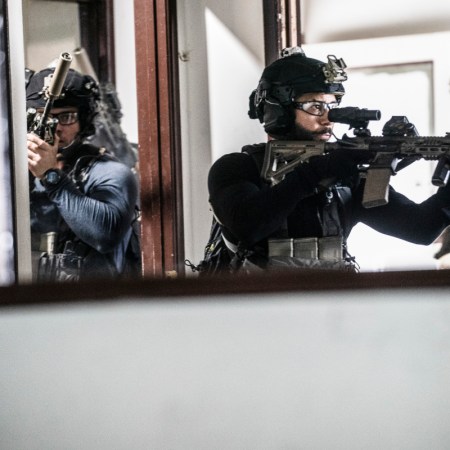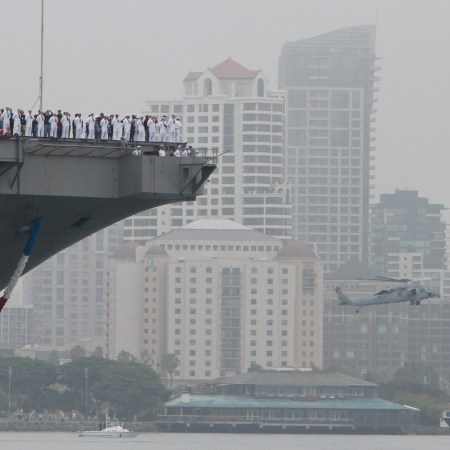In February of 2022, a Navy SEAL candidate named Kyle Mullen died in the midst of candidate training for the program. Seaman Mullen’s death prompted heightened scrutiny of the process it takes to become a Navy SEAL, as well as raising larger questions over the way the general public views Navy SEALS. To wit: is training just a rigorous process intended to discover the most skilled service members in question — or are its physical and mental costs not worth it?
That question is likely to be back in the spotlight soon, as the Navy has announced that it will hold a formal inquiry into the circumstances of Seaman Mullen’s death — with a particular focus on three of his commanding officers.
As Matt White reported at Task & Purpose, the Navy is holding an Admiral’s mast with the charge of dereliction of duty. (For those unfamiliar with the term, it’s one of the Navy’s forms of non-judicial punishment.) The officers facing the Admiral’s mast — Capt. Brian Drechsler, Capt. Bradley Geary and Cmdr. Erk Ramey — were all in senior roles in the Naval Special Warfare Center at the time of Seaman Mullen’s death.
Earlier this year, White wrote about the results of the Navy’s investigation into Mullen’s death, which found that Mullen developed pneumonia while in the mist of BUD/S training’s “Hell Week.” Despite Mullen showing visible signs of illness, no one took steps to address this — including the eye-opening fact that medical staff sent him back to training despite him requiring an oxygen mask to breathe at one point.
What Happens to Navy SEAL Program Applicants Who Don’t Succeed at Getting In?
A series of unpleasant options awaitsThe three officers facing the Admiral’s mast can opt to decline the procedure. Should this happen, the charges against them would instead be settled via a court martial.
Thanks for reading InsideHook. Sign up for our daily newsletter and be in the know.
